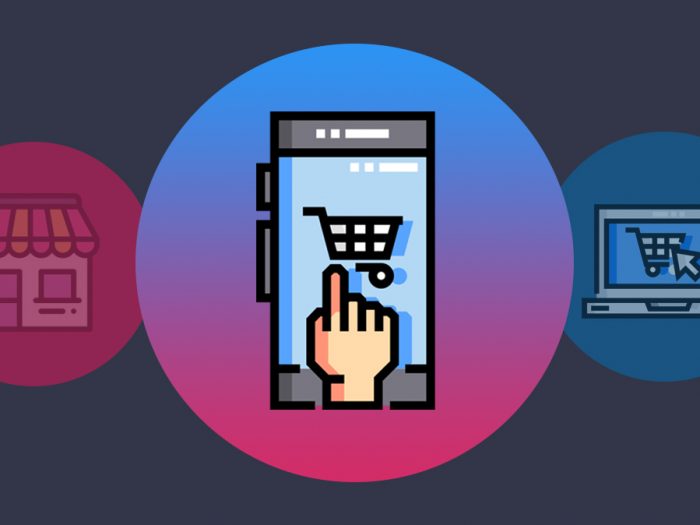Over the last two decades, the e-commerce market has been booming and with the number of internet users on the rise every day, the e-commerce sales numbers will continue to rise.One of the primary reasons users prefer to shop online is the convenience it provides.
52% of shoppers skip the Black Friday shopping weekend because they don’t enjoy the experience – National Retail Federation and Prosper Insights & Analytics
Now with the dominant presence of a smartphone in a user’s life, the shift to mobile has become a vital tool for retailers.
According to Salesforce Shopping Index, 62% of e-commerce traffic was generated by mobile in Q2 of 2018. If retailers do not have a mobile strategy in place, they are failing to cater to their current and potential customers.
67% of respondents have downloaded a retailer’s app and approximately half have done when they just heard the name of the retailer. – Synchrony
Indicators to know when you need to shift to mobile
While integrating mobile into the business model has its advantages, let’s look at the key indicators that help retailers to determine when to adopt a mobile strategy.
1) Traffic from Mobile Devices
One of the importance of implementing analytics is that it helps retailers understand their customer’s requirements better and help provide a seamless shopping experience. The below metrics shows that the users are expecting an option to shop via mobile
- A percentage of users engage with a brand through mobile devices more than desktop
- Increased session time from mobile devices
- When new unique users have decreased over time
While many retailers have implemented a mobile-optimized site for the store, a mobile app adds in more advantages to the business with more personalized content and customized reward programs. Users also prefer a mobile app to an m-site.
2) Personalized Reward programs:
Loyalty cards have been one of the ways retailers have engaged users over the years. These rewards program ensure that customers stay loyal to their brand. When retailers have multiple reward programs that work, such as loyalty cards and referral bonuses, a mobile app would be more beneficial.
70% of customers are more likely to opt for a loyalty program if they can access it through their smartphone.
Since users can access their smartphone with greater ease than an online site, a mobile app can provide
- Customized loyalty programs
- Enhanced customer experience
- Easily engage and retain users
3) Subscription-based shopping
Top Retailers like Amazon and Target have introduced a subscription-based shopping model to their strategy and many others have followed. While baby products and food are the most popular repeat purchases made, retailers are also providing contact lenses, cosmetics, pet food etc.
According to McKinsey, consumers who opt for subscription services are looking at a lower-cost way to have a personalized and convenient shopping experience.
With this model, retailers often face challenges such as high abandonment rate. A mobile app can help solve these issues by engaging with users and providing a customized customer experience.
For example, Boxed, the US-based Wholesale retailer, provides users of their subscription service free priority shipping, along with rewards, exclusive deals & offers and “VIP customer service”.
Conclusion
The retail industry is known to capitalize and adopt the latest innovation trends. While an online store still generates sales, retailers can no longer afford to ignore a mobile strategy. The numbers and success stories by retail brands show us a clear picture of how mobile has enabled them to increase customers and their sales.
The key indicators should enable retailers to shift their services to a mobile platform so that they can provide users with enhanced customer experience, engage and understand their requirements.
Looking for an innovation partner for your retail mobile strategy?




